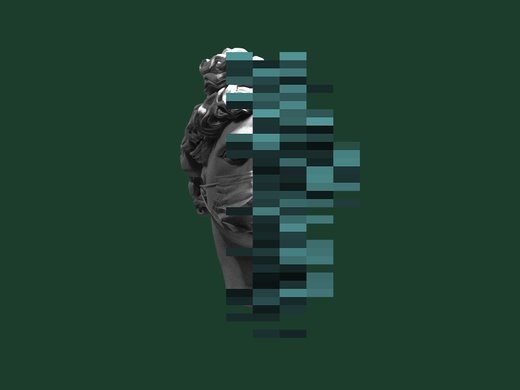“Foreign interference targeting democratic societies works not by the classic Orwellian formula of ruthless powers limiting sources of information and knowledge,” Wesley Wark writes, but by “multiplying and amplifying chosen channels of information, and attempting to corrupt the availability of true information in favour of that which is both false and harmful.” At their most intense, disinformation campaigns amount to “cognitive warfare, a hostile attempt to alter thinking.”
In a social media–saturated world, these operations find many and diverse channels for disinformation’s spread, which depends on the inculcation of “fearful unknowing” in the targeted, often vulnerable, audience. A campaign’s objectives might be both direct and indirect: an aim to influence electoral outcomes could overlap with a broader goal to undermine confidence in democratic processes.
Public attention to the issue of foreign state interference, as recently experienced in Canada and currently the subject of a judicial inquiry, is the first indicator that freedom of thought principles might be in play. Wark suggests ways to counter these campaigns, beginning with government taking the lead in enhancing public understanding of all national security threats, including those posed by disinformation.


